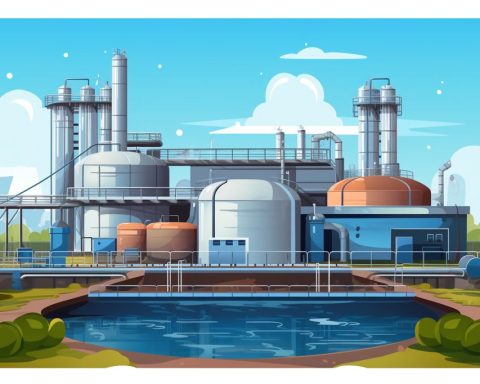As Cape Town celebrates its dam levels reaching an impressive 100.8%, it is essential to recognize that water security is not guaranteed for the future. It is crucial to remain mindful of water usage and invest in long-term solutions to ensure water resilience.
The New Water Programme
The City’s Water and Sanitation Directorate is focusing on the New Water Programme to address water resilience. The programme aims to bring an additional daily 300 million litres of water online by 2030 through projects such as desalination, groundwater schemes, and reuse.
Contributing to Water Resilience
Councillor Zahid Badroodien emphasizes that more than just dams are needed to ensure a resilient water supply. The City cannot achieve the goal alone and thanks residents for their contributions, whether in the form of paying water bills or making water-wise decisions in their daily lives.
How Dams Work
To address questions surrounding overflowing dams, Councillor Badroodien offers insights into how the City calculates a dam’s capacity and what happens to excess water. A percentage exceeding 100% indicates that the dam is overflowing, and the excess water goes down the rivers, playing an essential role in the ecological functioning of these watercourses. The amount of water in each dam depends on the rainfall in that specific geographical area and the volume of the dam.
Water Tariffs
Councillor Badroodien clarifies that the lowest tariff has been in effect since 1 November 2020, and the cost of providing the water service remains largely the same regardless of the dam levels or the volume of water used. The fixed basic charge is necessary for the City to continue providing reliable water services to Cape Town.
The Importance of Remaining Water-Wise
While celebrating the full dams, it is crucial to consider long-term solutions for water security. The investment in the New Water Programme aims to reduce the city’s dependence on rainfall and dam storage. Residents must always remember to be water-wise, as water remains a precious resource that should never be wasted.









